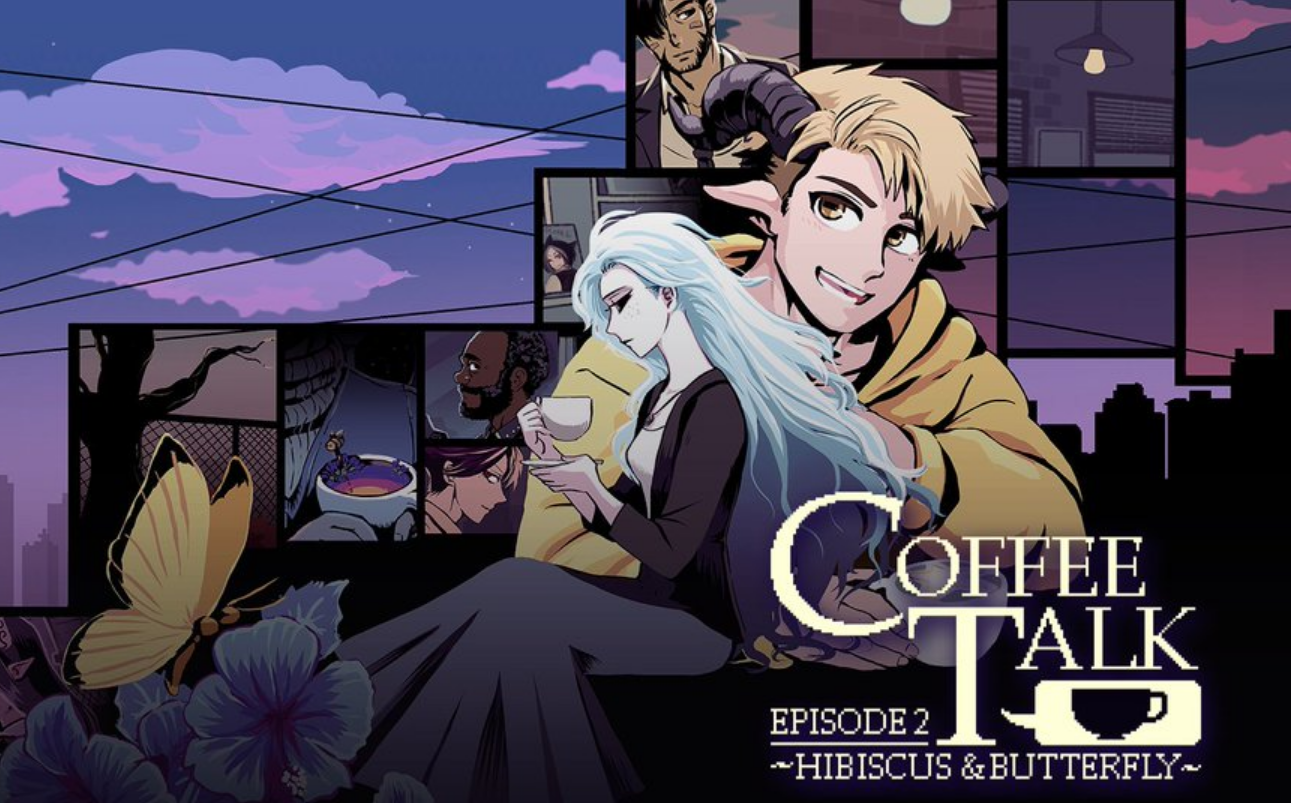Good morning! As of today, we are in the middle of the month of the middle of the year, making it the perfect time to reflect on the first half of the year for video games. There have been a host of titles that had been released with some, like Legend of Zelda Tears Of The Kingdom reaching critical acclaim. While it may be on many critics' "Top X 'Best Games Of All Time In History' Lists," I'll be exclusively covering the games that I've played. There are a lot of AAA titles I haven't yet sunk my teeth into, but there were many other games I've played that have resonated with me in one or multiple ways.
Perhaps the game had a narrative that made me cry my eyes out. Or there was a game that had an interesting gameplay premise that I found myself enjoying way longer than I anticipated. There are some games on this list that made it from a sentimental standpoint, meaning more to this editor than what one would qualify as a "blockbuster title." The qualities I look for in what makes a game good are unique to my own personal preference so this list may not be a definitive one. That's why we have the "Halfway Games" list. Here are my top four games from the first five months of 2023 in no particular order starting with.
Protodroid DeLTA
Protodroid DeLTA is an example of a game made for fans by fans, in this case, a huge Mega Man X7 fan. One of the few fully 3D Mega Man games not a part of the Legends series, critical reception for X7 was poor enough that Capcom decided to return to its 2D roots in X8 albeit with 3D graphics. I never had a chance to play X7 before Protodoir DeLTA specifically due to its reputation, but after completing this game I may just change my tune.
Looking back, I enjoyed the freedom of movement I had when controlling Delta during the platforming sections. Sure, the battles were incredibly easy once I had enough upgrades, but even obtaining the upgrades was where the bulk of the challenge happened. My reward for completing daunting and challenging bonus stages was seeing my energy and health bar steadily rise. Of course, earning bonus attacks from AnnDroid was neat although I hardly found myself using them. Or the weapons from defeated bosses for that matter.
Players could simply use the skills learned from the early stages and apply them throughout the game. I'm pretty sure a pacifist run is possible. Huh, I may just give it consideration. If you're reading this and have yet to try Protodroid DeLTA, consider playing the game once before attempting self-imposed challenges!

Mato Anomalies
Mato Anomalies was another game that resonated with me long after I finished it. The atmosphere of a near-future Hong Kong plus the hazy music did more for my immersion than most other titles I've played. Split into two separate gameplay mechanics, players will spend equal time above the ground as they will underground in the many dungeons available. Having two protagonists with two distinct playstyles is always good for keeping things fresh, as seen in the Fallen Legion games where one character focused on combat and the other focused on investigations.
Coincidentally, Honkai Star Rail shares many similarities with the game's core combat mechanic as skills are based on a cooldown system much like in Mato Anomalies. While the lack of "waifus and husbandos" may be a turnoff for some, others who want an engaging story with cheap noir thrills should check Mato Anomalies out. At least it was able to maintain my attention longer than Honkai Star Rail did. (Update, it did not keep me I uninstalled Star Rail after the first two weeks.)

Meg's Monster
Speaking of "cheap thrills," Meg's Monster was a heart-string puller that felt like hair being tugged away at the scalp and ripped apart. While the story wasn't that emotional, it did leave me misty-eyed several times. Meg's Monster is not a game based on progression as every fight is predetermined. It's best to think of this title as a narrative puzzle game with the template of a "traditional RPG."
Meg and Roy are the most adorable dynamic duo I've met in a game for a very long time. Both are children, one being a human and one a monster, yet find solidarity in each other as lonely individuals. There were enough twists and turns to keep me engaged, especially a mid-end game twist that surprised me from such an otherwise linear game. Check out my full review to see why I recommend this for those who prefer story over gameplay. Even the most hardened "game > story" player will find enjoyment in this.

Coffee Talk Episode 2: Hibiscus And Butterfly
The original Coffee Talk was released in 2020 as the "cloud with the silver lining" in the thunderstorm of COVID-19. Many looked to video games as a medium for cozy content, including Animal Crossing New Horizons. On the surface, Coffee Talk is a chill narrative game where the player runs a cafe titled "Coffee Talk." Throughout the game over the course of a few weeks, regulars come and go with their own stories. How much they are willing to share with you is dependent on how well you carry out their orders. Three years later I finally had a chance to play it, much less a hundred percent it, and the twist was what made me interested.
WARNING: END GAME SPOILERS FOR COFFEE TALK EPISODE 2 FOLLOWS
Coffee Talk Episode 2 is the result of a team's passion for telling their stories as well as the stories of their peers to a wide audience. Following the unexpected passing of Mohammad Fahmi and fueled by the motivation to follow up the original game, Coffee Talk Episode 2's development went full steam ahead and the result was a game more grounded and mellow. Almost every character from the first game returns as a continuation of their previous arcs in the first Coffee Talk while the two new characters, Lucas and Riona, are the central characters.

The ending shows Freya, the central character from the first Coffee Talk, greeting the player and apologizing for not being around as she was handling her career off-screen. For most players, especially those savvy from the first game, there's more to this. The full ending, achievable after exploring every possible ending and scenario in Coffee Talk Episode 2 immortalizes Fahmi by including him as a guest.
While this ending is impactful for the reasons above, it also deserves to mention that Freya was originally a self-insert character, her most distinct feature being her green hair and a Roman numeral "IX" tattoo. Final Fantasy savvy players will pick up on the Final Fantasy 9 reference from the tatt as well as the character, Freya. Freya and Fahmi are both roommates accepted into the "writer's residency," with the latter asking the barista to make him his favorite drink: Green Tea Latte.
Suddenly, Freya being "green-coded" makes sense.

